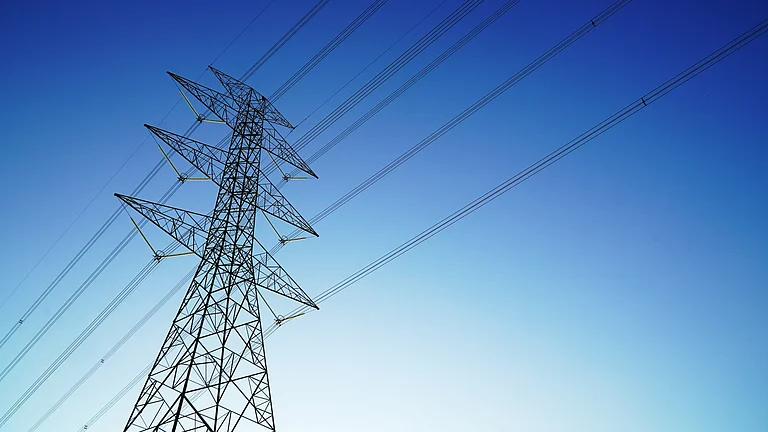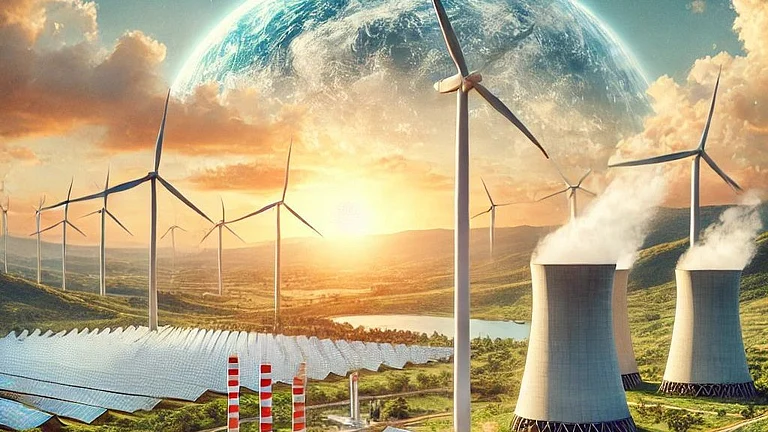India installed 16.4 gigawatts (GW) of solar capacity between January and September 2024, marking a 167 per cent year-over-year (Y-o-Y) increase compared to 6.2 GW in the same period in 2023, according to US-based research firm Mercom India.
“Many developers expedited project completions in Q1 and Q2 to utilize imported modules amid regulatory uncertainties surrounding the ALMM. However, delayed clarity on exemptions, especially for open access and rooftop solar, posed significant challenges,” said Priya Sanjay, Managing Director at Mercom India.
While the average cost of large-scale solar projects declined, making solar power more competitive, transmission infrastructure and technical clearances remain bottlenecks. Developers also faced delays in securing connectivity approvals, impacting the viability of planned projects, Sanjay added.
The report also highlighted a 78 per cent increase in solar installations in the July-September period of 2024, reaching 3.5 GW compared to 2 GW during the same period in 2023. By September 2024, India’s cumulative installed solar capacity stood at 89.1 GW, with utility-scale projects comprising over 86 per cent of the total, and rooftop solar contributing nearly 14 per cent. Solar now accounts for 20 per cent of India’s total installed power capacity and 44 per cent of its renewable energy capacity.
Why Does Solar Installation Matter?
India is emerging as a global leader in advanced energy solutions. As US Secretary of Energy, Jennifer Granholm, stated, "In so many ways, the world’s energy future will depend on India’s energy future," according to the World Economic Forum. In response, India is setting ambitious goals for deploying clean hydrogen, solar energy, energy storage, carbon capture, and sustainable aviation fuels.
Mercom’s report reveals that Rajasthan, Gujarat, and Karnataka are the top three states for installed large-scale solar capacity, with Rajasthan contributing over 27 per cent, Gujarat nearly 15 per cent, and Karnataka about 14 per cent.
Between July and September 2024, 57.6 GW of tenders were announced, and 37.6 GW of projects were auctioned, marking a 40 per cent and 158 per cent Y-o-Y increase, respectively. In the third quarter alone, 16.2 GW of tenders were announced, reflecting a 19 per cent Y-o-Y and 52 per cent Q-o-Q increase.
With an ambitious focus on sustainable energy, including solar, India is well-positioned to not only meet its domestic energy needs but also contribute significantly to global renewable energy goals. As these developments unfold, India’s leadership in solar energy will be pivotal in shaping the world’s transition to a greener, more sustainable future.
Mercom Capital specialises in market intelligence on energy storage, smart grid technology, and solar energy, providing advisory services on emerging markets and strategic decision-making.































